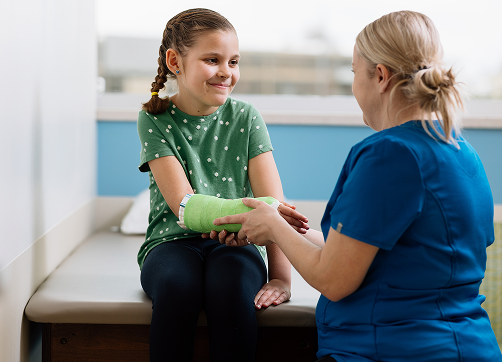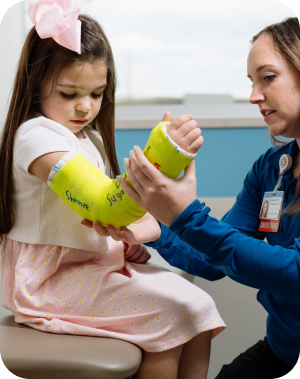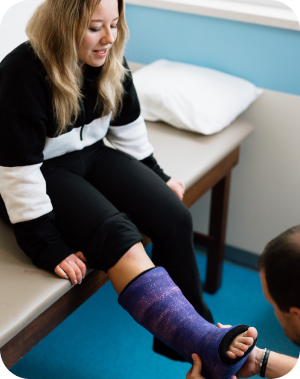cancer resources and support


overview
Taking care of a child with cancer can feel like an overwhelming responsibility. Our team is here to share the load by providing support every step of the way, and want to help with whatever need our families have. Do not be shy about asking! We make sure that the clinic is a happy place! We take time to get to know each child—their interests and hobbies, what makes them feel scared, what eases their anxieties. We celebrate birthdays and everyday accomplishments; we laugh with families and sometimes cry together, too.
Cancer affects you and your family beyond the hospital too. We can connect you to community resources, other families who have been through a cancer journey and connect with your child’s school to help ensure your child’s success even through treatment.
comprehensive team
Your child and family will be supported not only by your oncology team, but also psychologists, dietitians, rehabilitative services, child life and more. All of these team members are here to help support your child and family through treatment and beyond.
nurse navigators
They are your point people who:
- Provide all education for newly diagnosed families to help them know what to expect and how to meet their child’s needs at home
- Work with other nurses to organize multiple appointments and tests
- Coordinate discharge planning for inpatients
- Connect new families to “veterans” whose children are further along in the journey
- Answer emails and phone calls from parents who need information or additional support
- Talk to school nurses and teachers to make sure patients have what they need to be successful in school
- Coordinate referrals to other hospital departments, such as psychology, nutrition therapy, social work, and physical rehabilitation
child life
Our dedicated child life specialist focuses on emotional support and developmental needs. The child life staff uses play, preparation, education and self-expression activities to help patients cope with illness, injury, treatment and procedures. They also provide special touches like birthday celebrations and bell-ringing ceremonies at the end of treatment.
Learn more about child life here.
nutrition
When you are undergoing cancer treatment, eating can be challenging. But, it will help you feel better, keep up strength, tolerate treatments better, and heal faster. If your child is having trouble eating, our dietitians can help. They can also help you learn how to use food as a tool to help manage side effects of treatment.
psychology
Cancer treatment can be very emotionally taxing on patients and their families. Our dedicated psychologist can help your child cope with their diagnosis and work through challenges throughout and after treatment.
social work
Able to help with financial resources as well as meeting with school nurses and teachers to help create positive learning environments for each individual child.
rehabilitative services
Cancer treatment can impact children’s physical abilities. Our rehabilitative services team works with your child to help with activities like walking, eating, speaking and more.
hospital amenities
We want you to have what you need to help be there for your child as they go through treatment. Amenities like food, free wifi, toiletries, and quiet spaces to take a break can help you support your child.
Children and families in our oncology unit can enjoy sunshine and fresh air on the Skydeck, an outdoor activity area. This space is separated from the public Skydeck to reduce infection risk. This space is closed in the winter and when the weather is bad. Signs will be posted if it is closed.
Learn more about our amenities, food options and support services.


community resources
- CaringBridge.org: Create an account to share health updates, photos and videos with people who care about you.
- A Special Wish – Dayton : A Special Wish grants wishes for children 0-20 years old diagnosed with life-threatening conditions. Visit their website to refer a child.
- Flying Horse Farms: Located in Mt. Gilead, Ohio Flying Horse Farms provides a delightful camp experience free of charge to families and children with serious illnesses.
patient binder
Review our patient binder for more in-depth information on your child’s treatment and care plan, care team, and resource for support.

here when you need us
Whether you’re looking for the right provider, ready to make an appointment, or need care right now—we’re here to help you take the next step with confidence.
